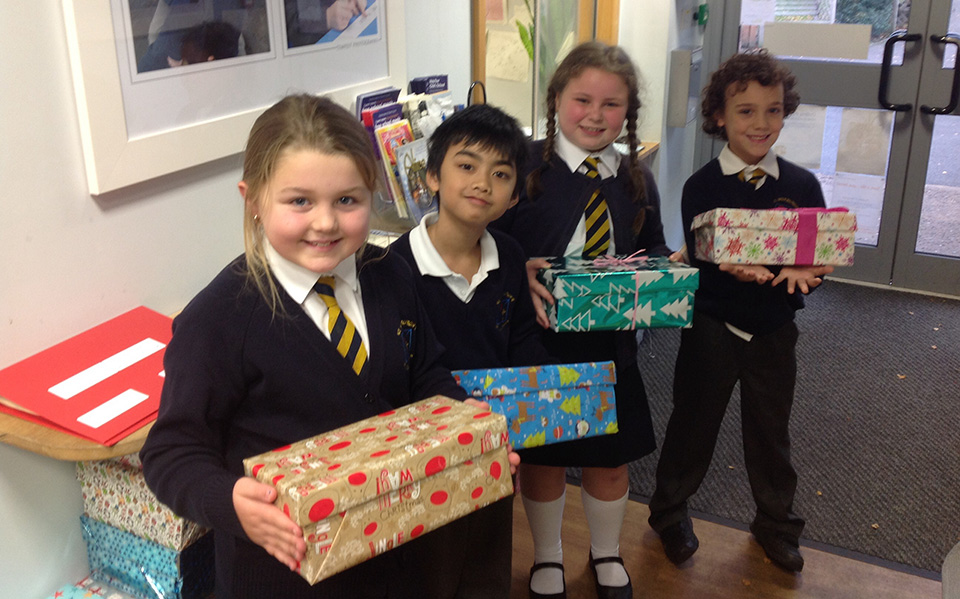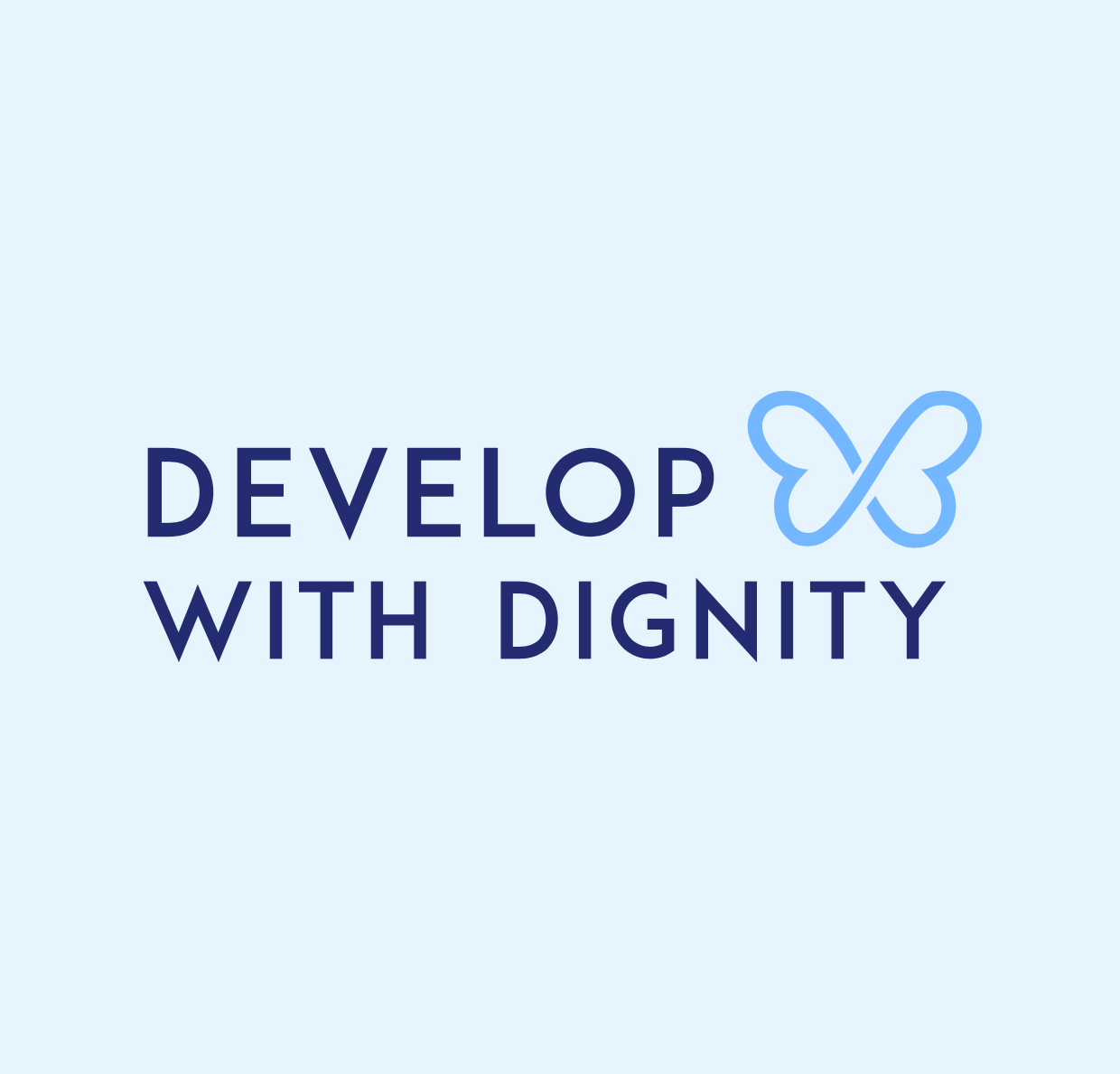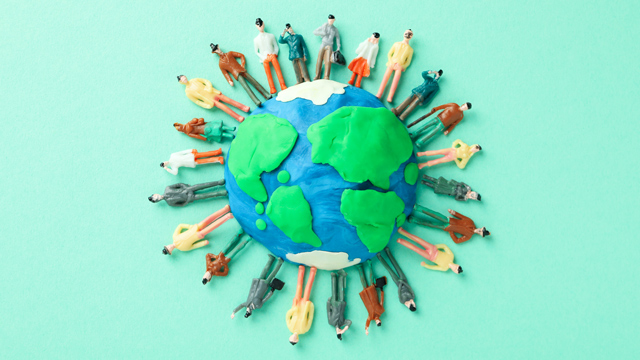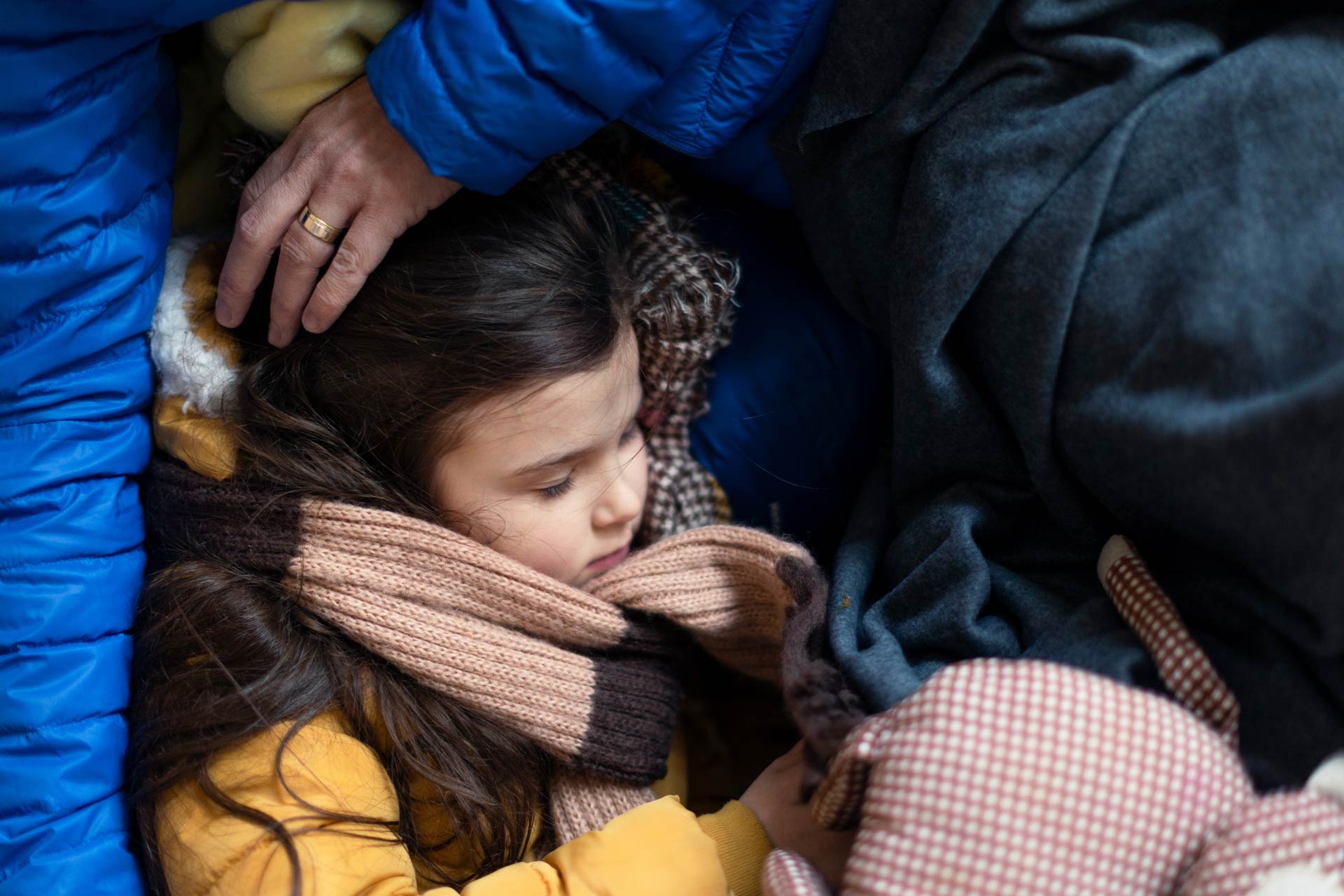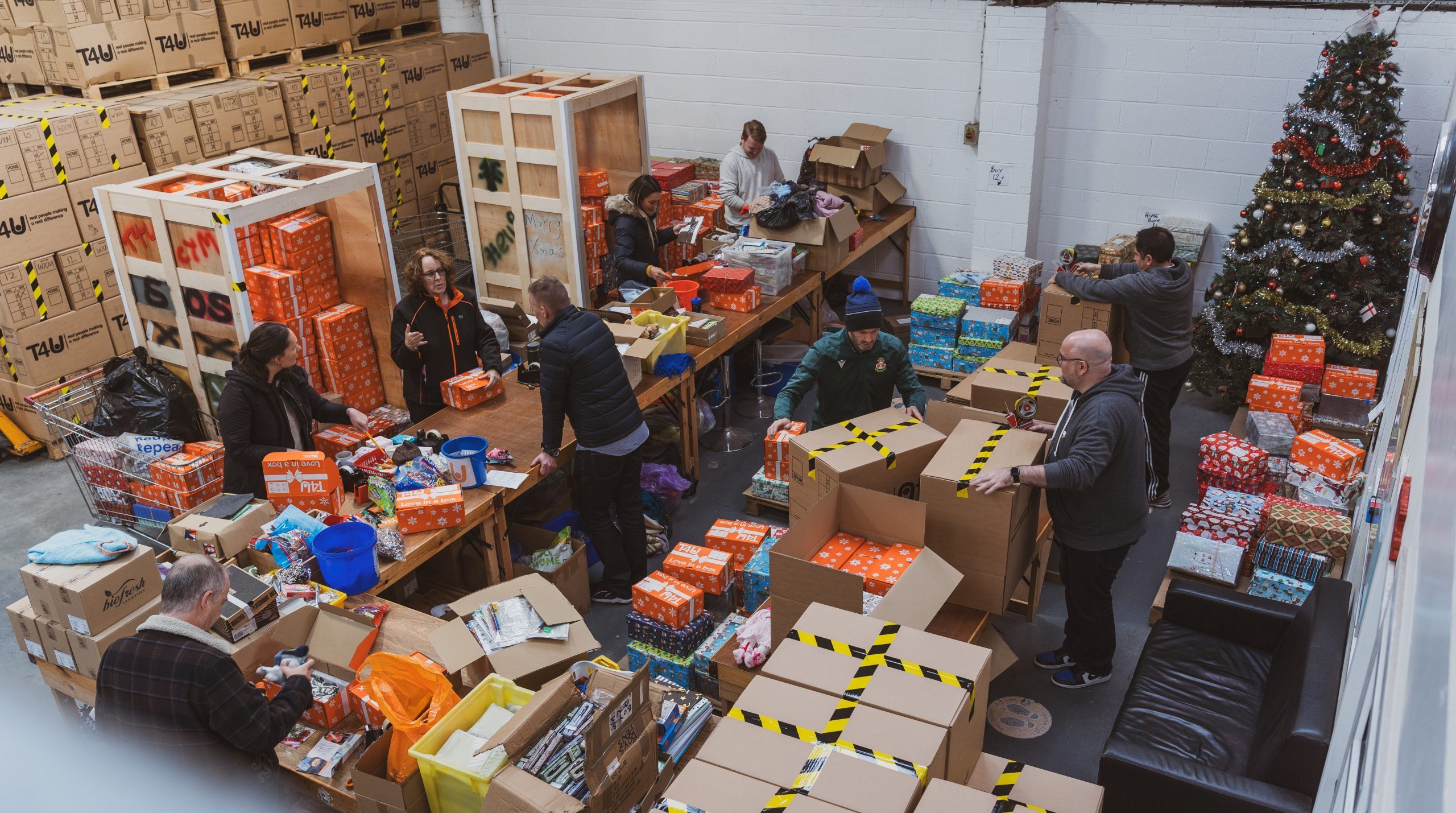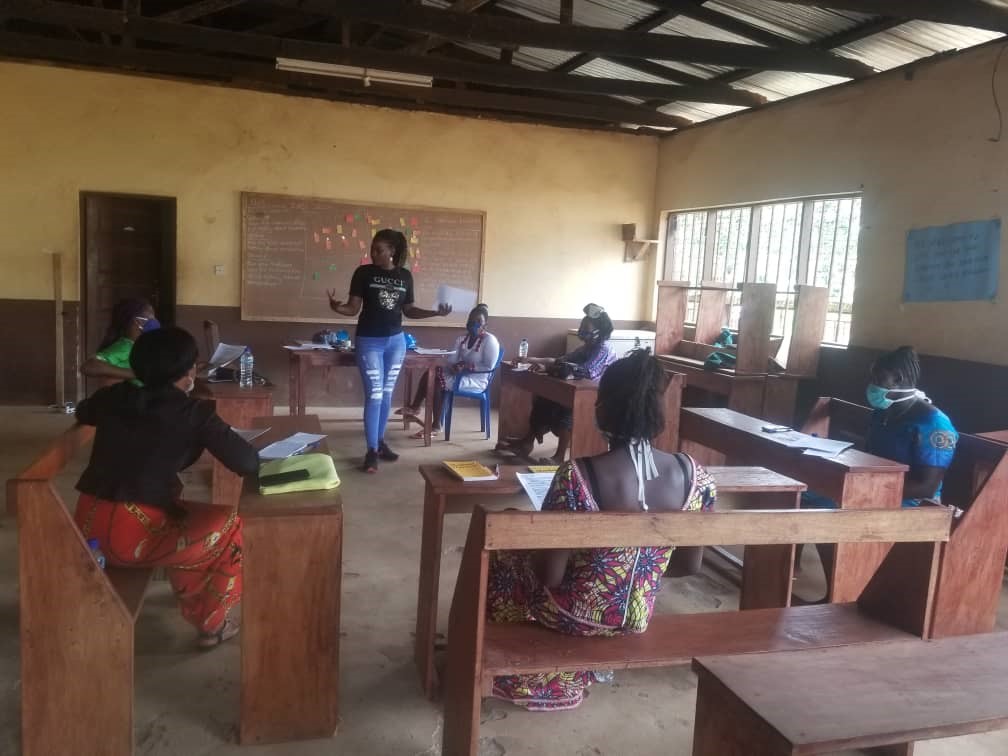Around the world, menstruation is frequently stigmatised, misunderstood, and the reason behind harassment, social exclusion and missed opportunities. Menstrual Hygiene Day was created partly to challenge the inadequacies in menstrual health provision and partly to throw the spotlight on this often unvoiced subject.
Standing up for dignity:
For the last six years, we’ve been working in Sub-Saharan Africa to challenge stigma and provide schoolgirls with the opportunity to develop in environments free of shame and fear.
The Global Menstrual Collective defines Menstrual health as “a state of complete physical, mental, and social wellbeing and not merely the absence of disease or infirmity, in relation to the menstrual cycle.”
For us ending period poverty is about more than investing in bricks and mortar – it’s more than providing changing rooms, clean water, and the appropriate menstrual product. It’s also about telling a girl there is nothing wrong with her. That what is happening in her body is normal.
Ziz York, Program Head

In Uganda:
Our Develop with Dignity program has grown from its humble beginnings, distributing sanitary pads to schoolgirls in the Kumi District.
We now take a more holistic approach tackling not just the lack of period wear, but also investing in school infrastructure such as changing rooms and handwashing facilities, and equipping teachers and community leaders with comprehensive, stigma-free, Sexual Reproductive Health Education.
To date we’ve:
- distributed over 5,500 packs of reusable sanitary pads (as of 2020, manufactured in Kumi)
- trained 300 teachers in a comprehensive Sexual Reproductive Health curriculum
- facilitated nearly 80 schools with handwashing tanks
- recently secured funding from the Wales and Africa Grant Scheme to construct changing rooms in 20 schools, supporting girls with a place to manage their periods in privacy
Donate today
On the Airwaves:
This Menstrual Hygiene Day our partners are taking to local radio for a two hour talk show on menstruation. From 5-7pm East Africa Time, the airwaves will be humming about menstrual myths, how to support girls in school, why include boys in the conversation, and answering caller questions.
This is the first time we’ve used the radio to reach out into the community on these issues. In our culture people tend to shy away from talking about these things and so it is handled in secret. Sometimes people say menstruation is a disease and a sickness. That it is shameful. But we know that this is not the case and we want to share with our community on how it can be managed well.
Christine Agwang

Sierra Leone:
We are working closely with our partners to replicate our Dignity program in the districts of Koindu and Waterloo. Our aim is to support local manufacture of reusable pads and to equip schools and community leaders with a culturally appropriate Sexual Reproductive Health (SRH) curriculum.
Sierra Leone records some of the highest percentages of adolescent girls who are sexually active in Africa and, on reproductive health and family planning, performs worse than two thirds of other countries. Girls are significantly vulnerable to sexual abuse, teenage pregnancy, FGM and child marriage – particularly in the most rural areas, such as Koindu.
Research we carried out in 2019, indicated that 73% of girls of menstrual age were not informed about their periods until after their first experience and 77% believed that they couldn’t attend a place of worship whilst on their period (a form of social exclusion).
To date our donors have provided 900 schoolgirls with reusable pads and supported 12 teachers with materials, resources, and training on Sexual Reproductive Health.
